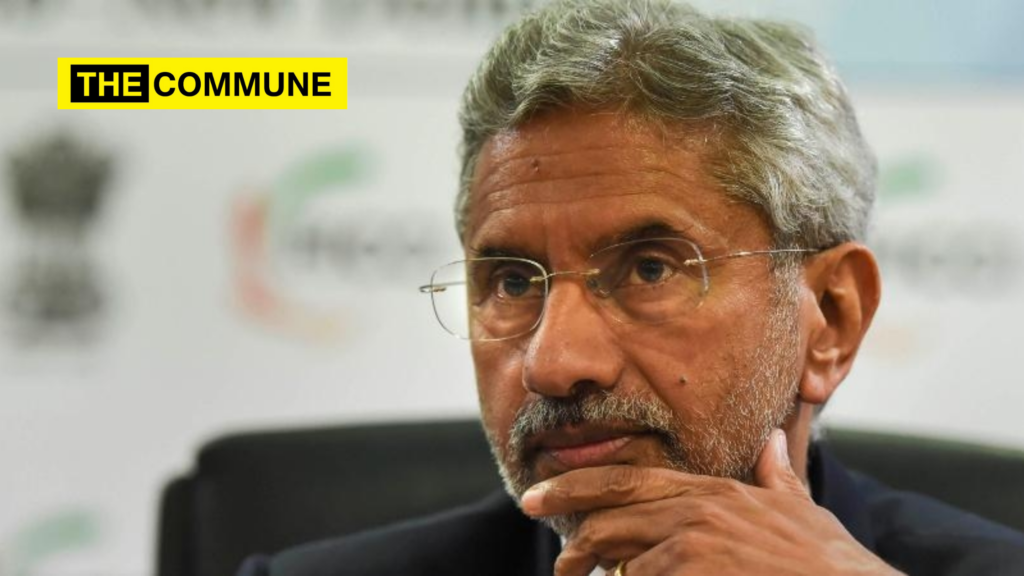A Sri Lankan court on January 13 ordered the release of 26 Indian fishermen who were arrested by the Sri Lankan navy last month for allegedly fishing in its waters. The fishermen hailed from the southern state of Tamil Nadu ― 22 were from Ramesvaram and 4 were from Puthukottai.
The apprehended fishermen had been provided consular assistance by the Consulate General of India in Jaffna the previous week. The Indian High Commission in Sri Lanka had been in touch with the Sri Lankan Government to facilitate the early release of the fishermen.
But, the court ordered the “nationalisation” of the four mechanised boats and fishing equipment seized at the time of the arrest. The court also admonished the fishermen not to illegally enter the country’s territorial waters in the future and warned of two years of imprisonment if they were caught again.
The court’s order comes days External Affairs Minister Dr. S Jaishankar’s three-day visit to the island nation. During his visit, Dr. Jaishankar spoke with his Sri Lankan counterpart Dinesh Gunawardene on the “post-COVID cooperation” between India and Sri Lanka, the need to ensure the aspirations of Sri Lanka’s Tamil minority “within a united Sri Lanka” and also on issues of maritime security and safety.
Dr. Jaishankar also met with Sri Lankan Fisheries Minister Douglas Devananda. In a Joint Working Group session, the two sides reviewed cooperation in fisheries.
Furthermore, he met the delegations of the Tamil National Alliance (TNA) and the Tamil Progressive Alliance (TPA), and discussed issues pertaining to the development and devolution and the role of provincial councils as part of national reconciliation. TNA is the main Tamil party in the island nation.
The meeting is significant as allies of the ruling Sri Lanka People’s Party (SLPP) aim at launching a public campaign for the abolition of the country’s provincial council system. The SLPP’s Sinhala majority hardliners have been advocating a total abolition of the provincial council system established in 1987. There are nine provincial councils in Lanka.
The Minister also interacted with business leaders of Sri Lanka.
S Jaishankar’s visit ended on January 7. The Minister’s first overseas visit of the year comes after Prime Minister Narendra Modi and his Sri Lankan counterpart Mahinda Rajapaksa held a virtual summit in September 2020, during which the two sides agreed to further expand ties in a range of areas such as anti-terror cooperation, maritime security and trade and investment.

